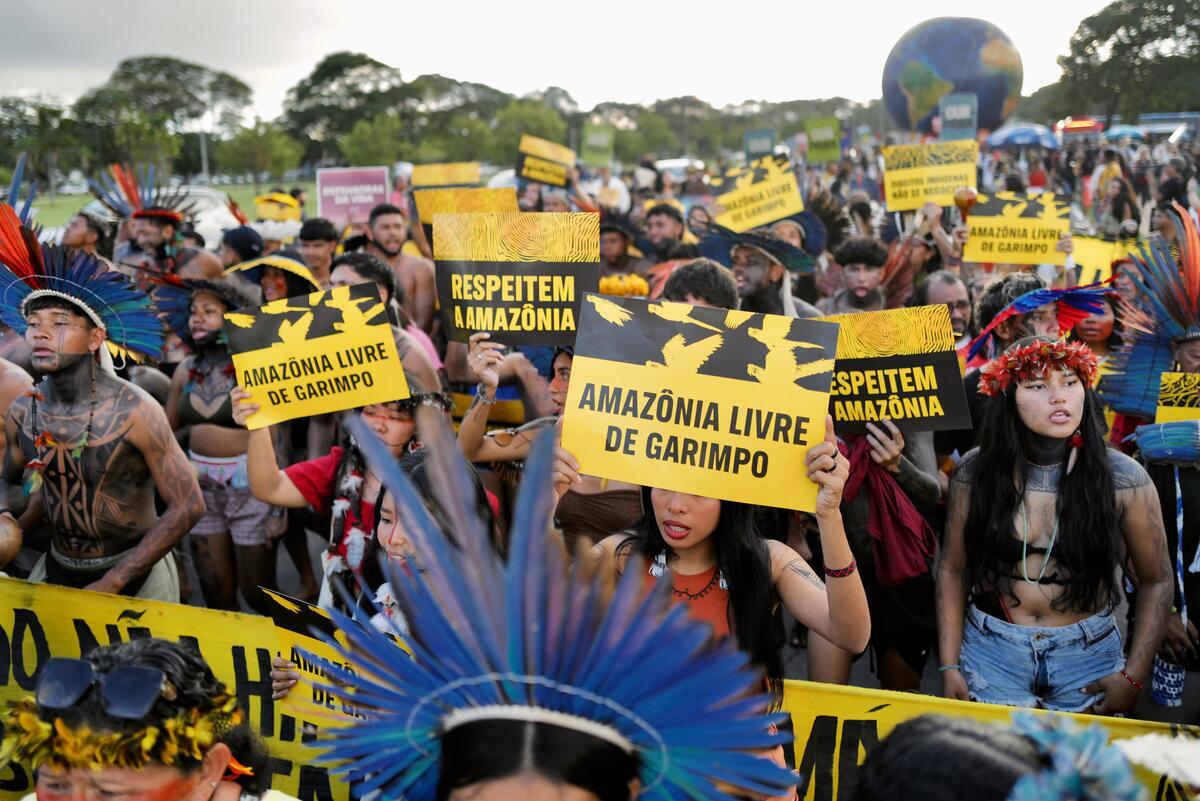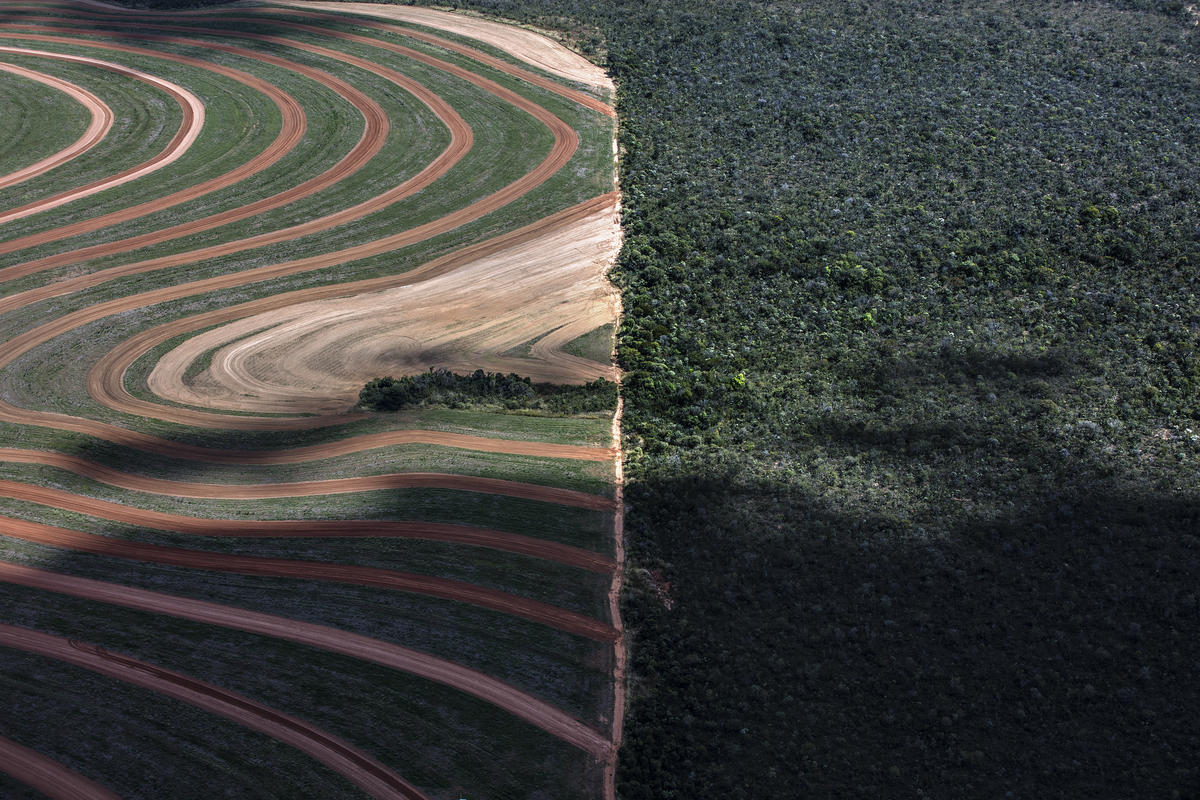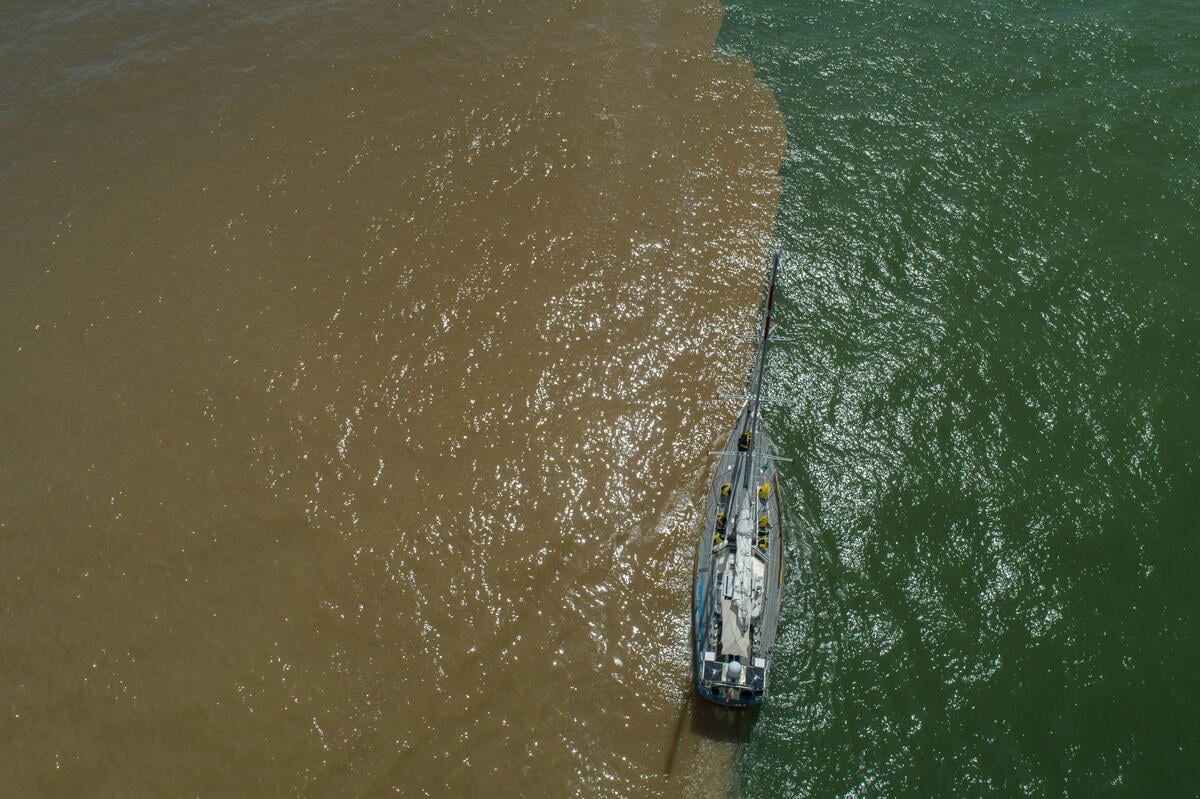Due to better weather conditions and increased preventive efforts by Brazil’s government, the 2025 Amazon fire season is currently milder than those experienced in recent years. But that doesn’t mean the Amazon is safe. Once the flames die down, the destruction continues. Quieter and slower, but just as deadly. Land grabbing, pasture expansion, and toxic smoke threaten both forests and frontline communities.
Because the Amazon isn’t just being burned. It’s being sold, cleared, fenced, and fed into the global industrial agriculture machine. And at the centre of that machine is Big Ag.
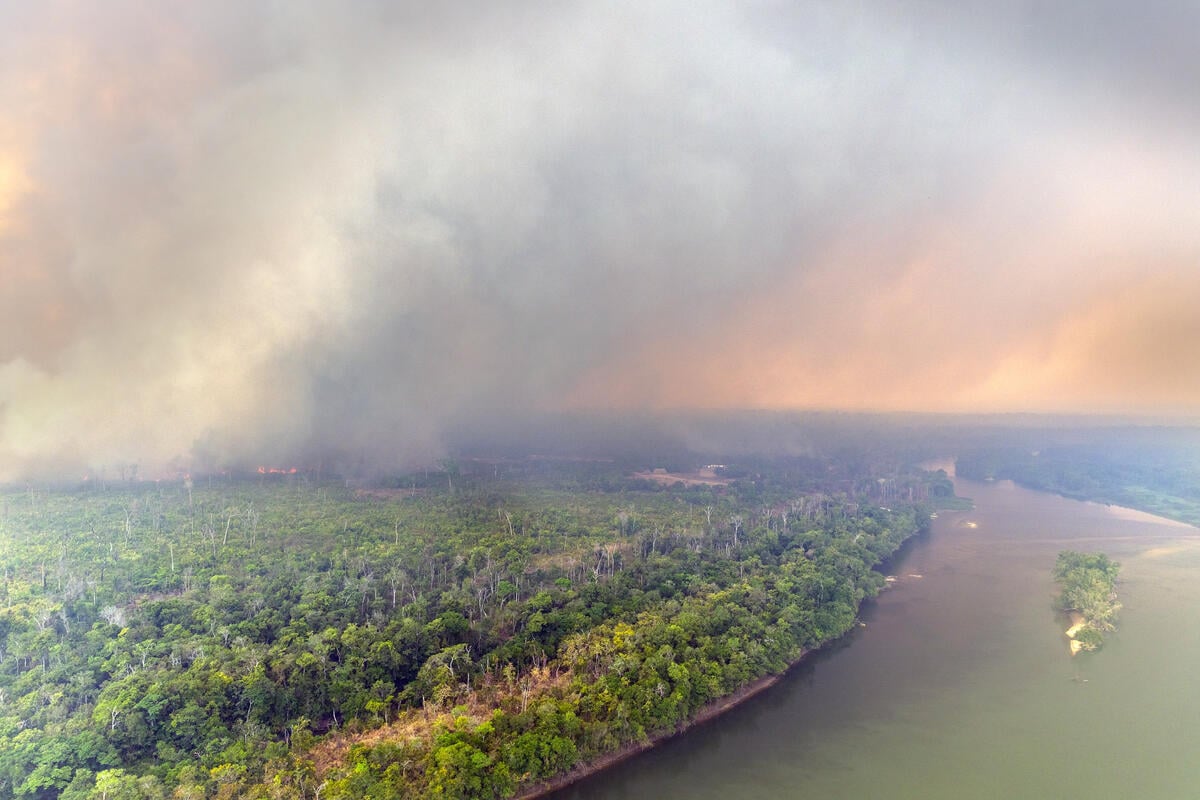
What happens after a fire? Pastures. Cattle. Cash.
In 2024, according to MapBiomas, the Amazon recorded its largest burned area in 40 years, with 15.6 million hectares affected, 117% above average. That figure shocked the world. However, even when fire activity slows, land-grabbing and deforestation persist, driven by farms that feed into an industrial system of meat. Pasture expansion for cattle remains the leading driver of deforestation in the Amazon.
One of the industry’s biggest players, the meat giant JBS, has been repeatedly linked to deforestation across its massive supply chain. Investigations have found that JBS is connected to over 1.5 million hectares of deforestation in its indirect cattle supply chain. Furthermore, JBS admitted to purchasing 8,785 head of cattle from three ranches owned by Chaules Volban Pozzebon, following a complaint by Greenpeace Brasil, Repórter Brasil, and Unearthed. The rancher was arrested and initially sentenced to 99 years in prison for multiple crimes, including illegal logging, and is considered the country’s most prolific deforester. He was also convicted of using labour analogous to slavery on one of his properties. The purchases were registered as coming from another farm, also owned by Pozzebon, which had been cleared according to socio-environmental criteria. Meanwhile, analysis from Mapbiomas shows that in 2024, 55% of the burnings in the Amazon started in pasturelands, further evidence that fire is a tool, not an accident.
This is not restoration. It’s extraction.
Health impacts and human costs: IPLCs on the frontlines
What’s often left out of headlines is the devastating impact on human health and livelihoods, especially for Indigenous Peoples and Local Communities (IPLCs).
In 2024, smoke from record wildfires blanketed cities across the Brazilian Amazon, turning the air toxic. In Porto Velho, the haze was so thick that schools were forced to close and flights were grounded. Local clinics were soon overwhelmed with patients struggling to breathe, reporting respiratory distress, migraines, and eye irritation, according to the Guardian.
For IPLCs, these impacts stack onto existing crises: fragile health services, scarce clean water, and the destruction of forest medicines and crops. The haze is more than an inconvenience, it’s a public health emergency that strips people of their right to clean air and undermines entire ways of life.
Yet despite all this, IPLCs remain the backbone of forest defense, standing up to fires and deforestation with little outside support.
This isn’t post-crisis, it’s a slow-motion emergency
When the world’s attention moves on after a provoked fire season, extractive industries move in. The system is designed to appear “normal” while quietly consuming the forest hectare by hectare. Just because the sky is clear doesn’t mean the Amazon is safe. The destruction continues. The resistance grows!
And your voice is needed more than ever.
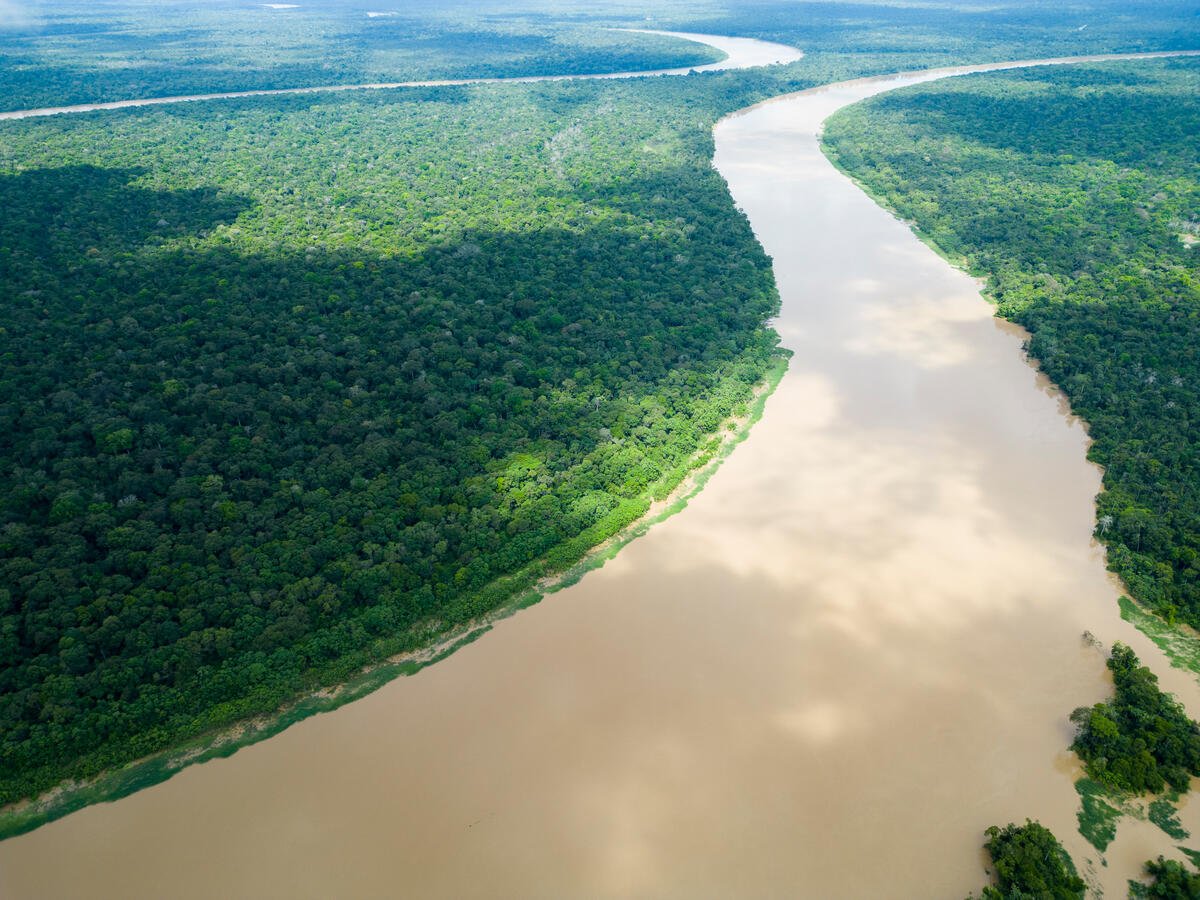
Have your say and help us spread the message!
This destruction doesn’t need flames to keep spreading. As global leaders prepare for COP30 happening in the heart of the forest in the Brazilian state of Belém in November 2025, the Amazon must be front and centre. Not just as a carbon sink, but as a living, breathing territory under assault.
Leaders attending COP30 need to commit to a five-year “Action Plan for Implementation” (API4Forests) – a concrete decision to halt and reverse deforestation and forest degradation by 2030.
You can help pressure decision-makers by sending a message demanding:
- An end to land grabs and industrial meat expansion into ecosystems like the Amazon.
- Accountability for companies like JBS.
- Full protection for Indigenous rights and territories.
- Real funding for community-led solutions and forest defenders.
Send your message to world leaders before COP30. We will bring them to the world leaders and resist with those living with what comes after the fire.
Alessandro Saccoccio is the Respect the Amazon Project Lead at Greenpeace International.

